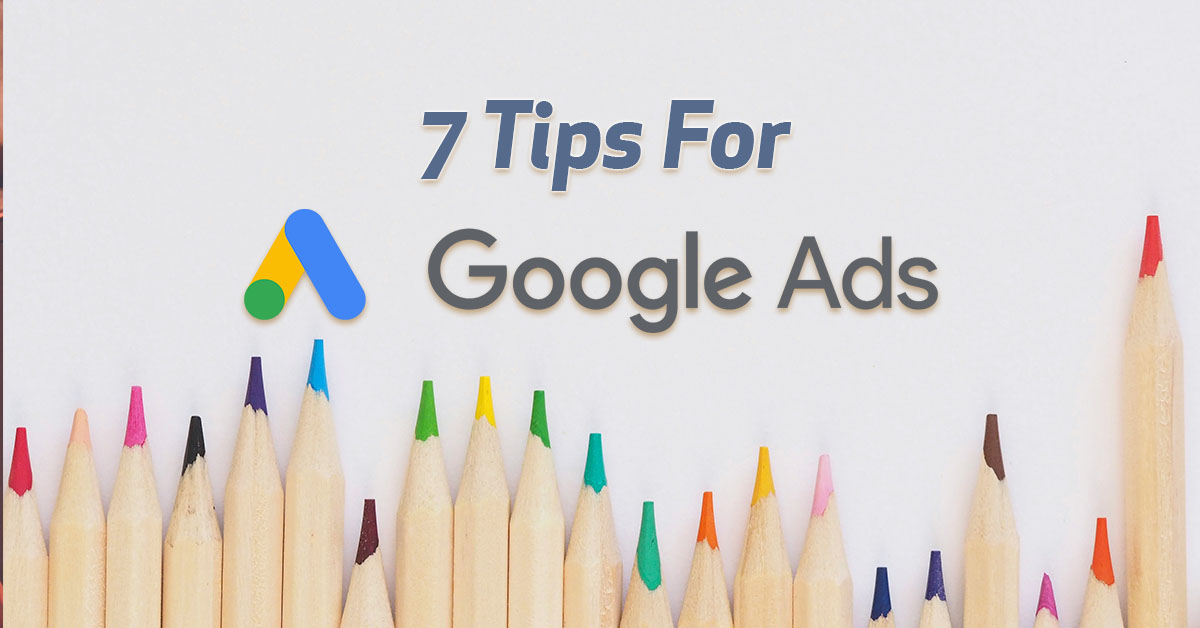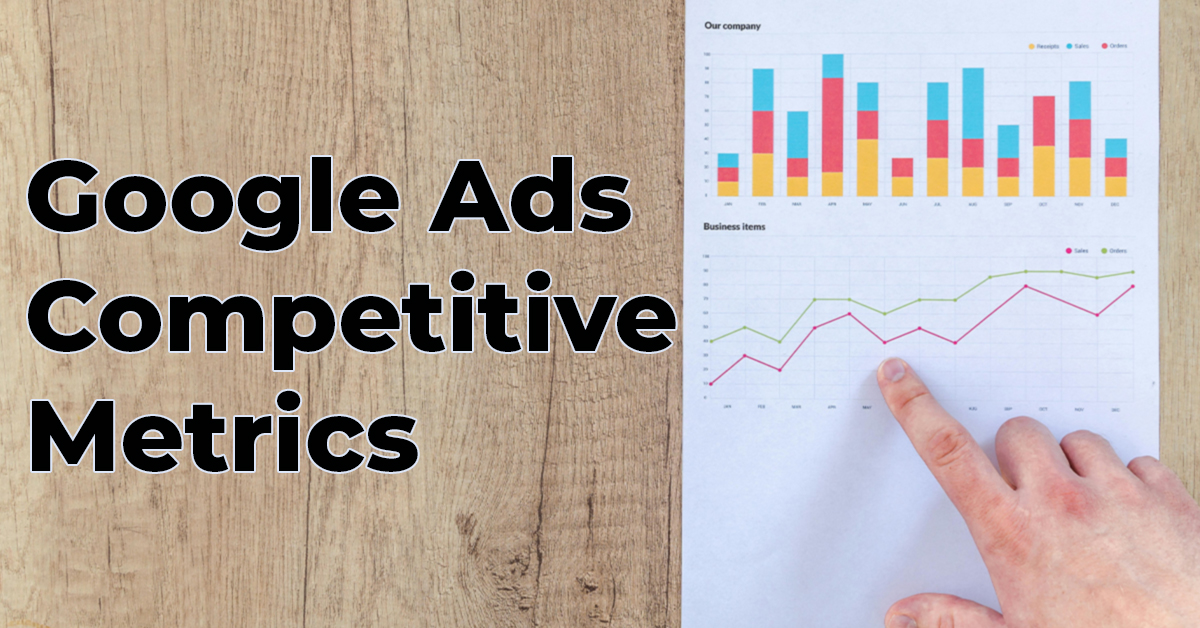Introduction
Over the years there has been a marked increase in competition in the Google Ads landscape. Increased cost per clicks have made it more challenging to run successful campaigns and deliver a good return on investment. In this article we will share 7 tips for driving success for your Google Ads campaigns in 2024.
Table of Contents
- Introduction
- Table of Contents
- 1. Define success
- 2. Track conversions
- 3. Plan your account structure
- 4. Understand bid strategies
- 5. Optimise landing pages
- 6. Research competitors
- 7. Leverage automation
1. Define success
This is the first item that I always address with new clients. In order to run a successful campaign, we need to define what success looks like. This is different from business to business and should involve discussions about short, medium and long-term growth goals. These growth goals can be mapped to valuable actions that a customer (or potential customer) can take on your site. For example, this could be a purchase, lead form submission or a document download. For the purpose of Google Ads, we will class these actions as conversions.

2. Track conversions
Conversion tracking is a complex subject and there are many ways that you can successfully track your conversion data in Google Ads. This could be achieved through Google Tag Manager, native GTag, CRM integrations or various other methods. Whatever method you use, there are a few important things to remember.

Make sure your data is accurate
There are a plethora of reasons why your conversion data may not be accurate, cross checking against your single source of truth is essential so that you can be confident in your in platform metrics. You will likely be making marketing decisions with this data so any inaccuracies will negatively impact results.
Document how your tracking works
This is a step that is usually ignored, however, documenting your tracking can help debug issues in the future and also prevent tracking (and data) blackouts when things are changed on a website.
Once the relevant conversion events are tracked, you will be able to see exactly which search terms are generating valuable interactions on your site. You can then use this data in your Google Ads optimisation strategy to improve the performance of your campaigns.
3. Plan your account structure
I’ve audited many Google Ads accounts over the years and no two look alike. With the hierarchical nature of Google Ads, there are many permutations that a successful account structure could look like. If you follow these two tips, it will go a long way to improving your account performance.

Be organised
My top advice for structuring your accounts is to be organised! Group semantic keywords together and use standardised naming conventions across campaigns and ad groups. This enables you to, at a glance, know what objective a campaign is trying to fulfill and how it is performing. This will not only save you time but also reduce the chance of errors that will ultimately lead to wasted ad spend.
Be thorough
Outside of a standard campaign build, there is a lot of supplementary data that you can add that will improve the quality of your ads. Make sure to add all relevant assets (extensions) such as sitelinks, images, callouts, snippets, brand logo, brand name, call and location..
You should also spend time drafting your headlines and descriptions so that they are relevant to the search term, have a clear call to action, fit with your brand tone of voice and are easy to understand.
4. Understand bid strategies
There are several different bid strategies available in Google ads including, maximise impressions share, maximise conversions, target CPA & several more.
Each bid strategy has its place in different Google ads strategies, however turning on maximise conversions is not going to magically fix a lack of conversions. I have seen far too many accounts where maximise conversions is turned on leading to campaign budgets being spent in 1-2 clicks with cost per clicks in the $50 - $200 range!!
Automated bid strategies absolutely can perform well, but you need to ensure you have enough high quality conversion data in order for this to happen.

5. Optimise landing pages
A poor onsite user experience will always lead to lower conversion rates and a higher cost per conversion. You need to ensure that your users have a good experience across different devices so that it is as easy and fast to find the information they need. This single optimisation can turn an unsuccessful Ads campaign into a successful one. A recent landing page optimisation for one of Digital Expanse’s clients increased conversion rate by 4x which allowed us to scale Google Ads over several months and is now our largest acquisition channel.
If you are stuck with legacy technology that makes updates difficult, consider dedicated landing page software such as Unbounce to set up stand alone pages for your ads.

6. Research competitors
When picking keywords for your campaigns, it can be a good idea to see if direct competitors are currently bidding on them. We recommend using Scaleserp to access this data. It’s a great tool for seeing who’s bidding on your keyword set and what messaging they are using.

7. Leverage automation
There are several tasks that can be automated to save time and identify issues when running a Google Ads campaign. One of our favourites is identifying changes in search term behavior on a weekly basis. This script checks for new searches that have spent more than a $ threshold as well as checking for searches that have spent x% more than the previous week.
This is only one example of leveraging automation but has been extremely valuable in identifying emerging search trends, adding negative keywords and even identifying click fraud.
At Digital Expanse we believe everyone should have access to these scripts which is why we offer free access to our Google Ads script library.




